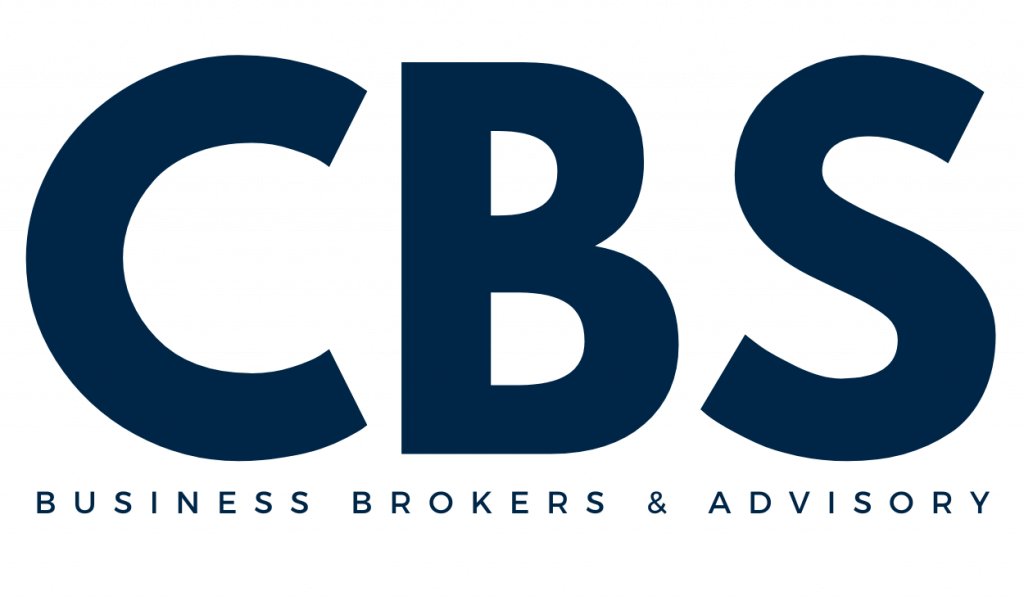The Essential Due Diligence Checklist for Business Buyers
Due Diligence Checklist
When considering the purchase of a business, due diligence is a critical step in the process. It’s the comprehensive appraisal of a business undertaken by a prospective buyer, especially to establish its assets and liabilities and evaluate its commercial potential. This checklist serves as a guide to ensure that potential buyers have a clear understanding of what they’re getting into. Let’s delve into the key areas of focus:
1. Financials
Understanding the financial health of a business is paramount. This involves a deep dive into:
Financial Statements: Review the last three years of balance sheets, income statements, and cash flow statements. This provides insights into the business’s profitability, liquidity, and financial stability.
Tax Returns: Examine tax returns and assessments to ensure there are no outstanding liabilities and that the business has been compliant with tax obligations.
Assets and Valuations: Obtain a list of all tangible and intangible assets, including their current valuations. This could range from physical equipment to intellectual property.
Debts and Liabilities: Understand any outstanding debts, loans, or other liabilities. This will impact the overall valuation of the business and potential future obligations.
2. Operations
Operational due diligence provides insights into the day-to-day running of the business:
Employee Details: Gather a list of all employees, their roles, salaries, and employment contracts. This helps in understanding staffing costs and any potential contractual obligations.
Contracts and Agreements: Review existing contracts or agreements with suppliers, clients, or partners. This can reveal potential future revenue or any impending contractual changes.
Inventory: Assess the current inventory list and its valuation. This is especially crucial for businesses where inventory forms a significant part of the assets.
Supplier Details: Understand the terms of trade with suppliers, any outstanding payments, and the reliability of supply chains.
3. Legal
Legal due diligence ensures that the business is compliant and free from potential legal entanglements:
Litigation: Are there any ongoing or potential legal disputes? This could have financial implications and affect the business’s reputation.
Intellectual Property: Review details of patents, trademarks, and copyrights. These can be valuable assets and also ensure the business has the right to its intellectual property.
Licenses and Permits: Ensure the business has all necessary licenses and permits to operate legally.
Lease Agreements: If the business property is leased, understand the terms of the lease, duration, and any associated costs.
4. Miscellaneous
Other aspects of the business that don’t fit neatly into the above categories but are equally important include:
Customer Lists: Who are the major clients? Are there long-term contracts in place? This can provide insights into future revenue.
Marketing Strategies: Understand how the business attracts its customers. This can be valuable for future growth strategies.
SWOT Analysis: If available, a SWOT analysis (Strengths, Weaknesses, Opportunities, Threats) can provide a strategic overview of the business’s position in the market.
In conclusion, due diligence is not just a box-ticking exercise but a crucial phase in the business buying process. It provides potential buyers with a clear picture of what they’re getting into, ensuring that the investment is sound and aligns with their business goals. Always consider seeking expert advice during this process to ensure a thorough and comprehensive review.

Related Resources:

Do i have to pay tax when i sell my business? 10 Things You Need To Know
Selling a business is a monumental decision, one that comes with its fair share of financial implications. Among the myriad of considerations, the question that often looms large is, “Do I have to pay tax when I sell my business?” The answer, while seemingly straightforward, is layered with nuances, especially in the Australian context.

The Future of Business: Predicting Industries on the Rise
In an ever-evolving global landscape, predicting the future of business is both an art and a science. As technology advances, societal needs shift, and global events unfold, certain industries emerge as leaders, poised for growth and innovation.

Tax Implications in Business Sales: What Buyers and Sellers Should Know
The sale or purchase of a business in Australia is a significant transaction, and understanding the associated tax implications is crucial for both buyers and sellers. The Australian tax system has specific provisions and regulations that can impact the financial outcomes of such transactions. This article delves into the key tax considerations that both parties should be aware of.

The Art of Negotiating: Tips for Business Buyers and Sellers
In the intricate dance of buying and selling businesses, negotiation stands out as the pivotal moment where deals are made or broken. Both buyers and sellers come to the table with their interests, and the negotiation process determines how these interests align.
Send Us A Message

Do i have to pay tax when i sell my business? 10 Things You Need To Know
Selling a business is a monumental decision, one that comes with its fair share of financial implications. Among the myriad of considerations, the question that often looms large is, “Do I have to pay tax when I sell my business?” The answer, while seemingly straightforward, is layered with nuances, especially in the Australian context.

The Future of Business: Predicting Industries on the Rise
In an ever-evolving global landscape, predicting the future of business is both an art and a science. As technology advances, societal needs shift, and global events unfold, certain industries emerge as leaders, poised for growth and innovation.

Tax Implications in Business Sales: What Buyers and Sellers Should Know
The sale or purchase of a business in Australia is a significant transaction, and understanding the associated tax implications is crucial for both buyers and sellers. The Australian tax system has specific provisions and regulations that can impact the financial outcomes of such transactions. This article delves into the key tax considerations that both parties should be aware of.

The Art of Negotiating: Tips for Business Buyers and Sellers
In the intricate dance of buying and selling businesses, negotiation stands out as the pivotal moment where deals are made or broken. Both buyers and sellers come to the table with their interests, and the negotiation process determines how these interests align.
